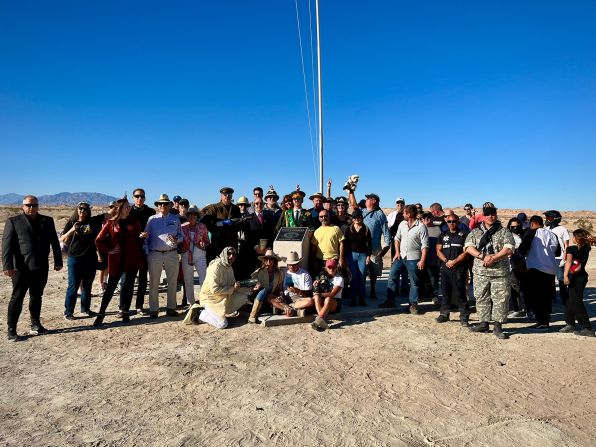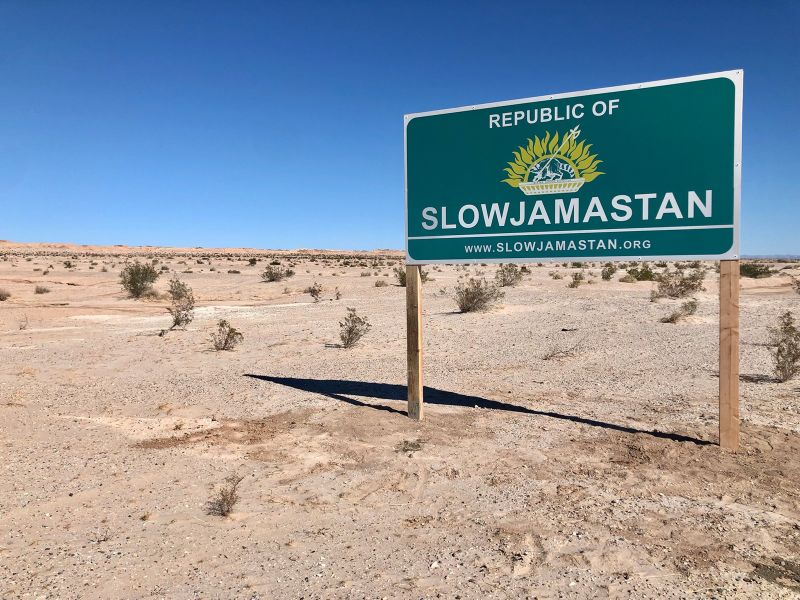Welcome to Slowjamastan
Out in the California desert, a plot of barren land has been transformed into the self-declared micronation known as Slowjamastan. Founded by Randy “R Dub!” Williams, a late-night slow jams DJ from San Diego, this unconventional country has gained attention for its unique culture and quirky rules.
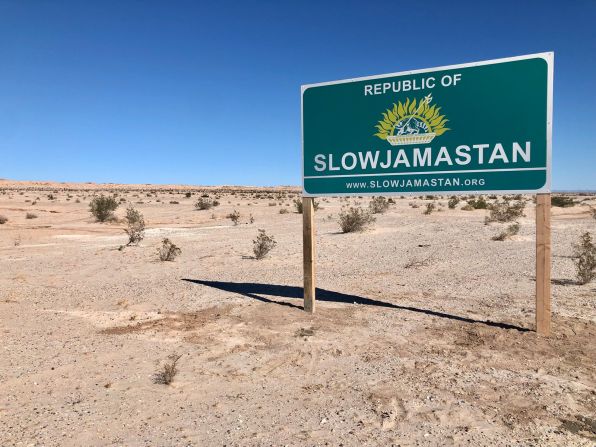
The Sultan’s Role
Randy Williams has appointed himself as “the Sultan of Slowjamastan.” Under his leadership, the micronation thrives with its specific customs and a growing community.
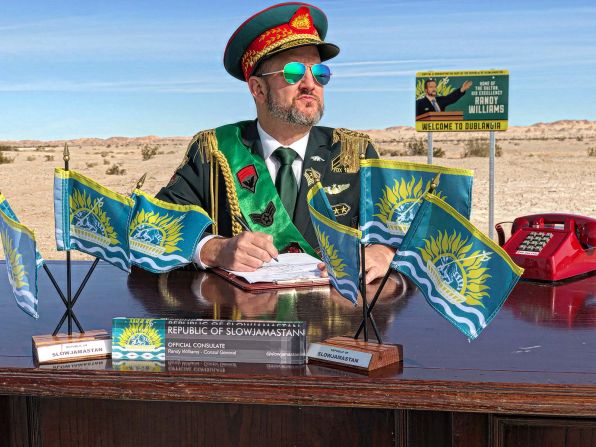
Unique Citizenship
Slowjamastan issues its own passports to individuals who express interest in becoming citizens. Interestingly, Williams has had his Slowjamastan passport stamped by 16 different countries during his travels, including South Africa and New Zealand.
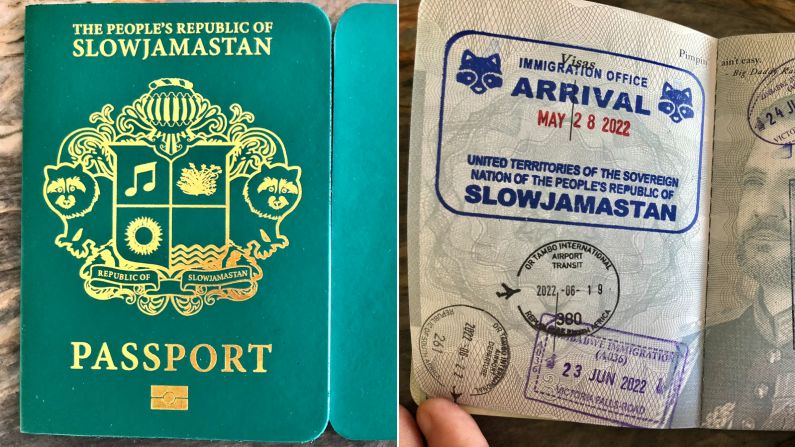
Population Growth
The Republic of Slowjamastan boasts over 500 registered citizens, with an additional 4,500 people either conditionally approved or awaiting citizenship.
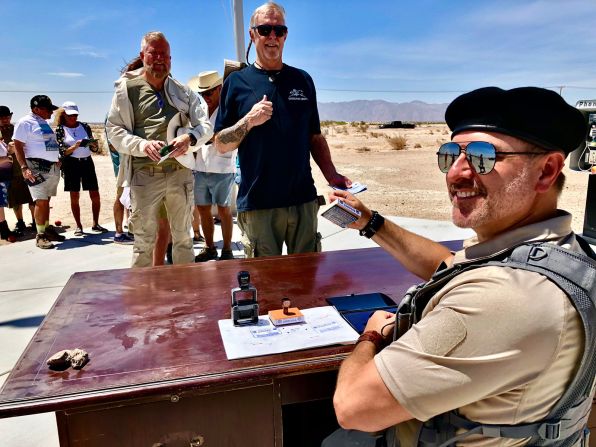
Exploring Dublândia
Dublândia serves as the capital of Slowjamastan, featuring an open-air government office where Williams conducts the nation’s affairs.
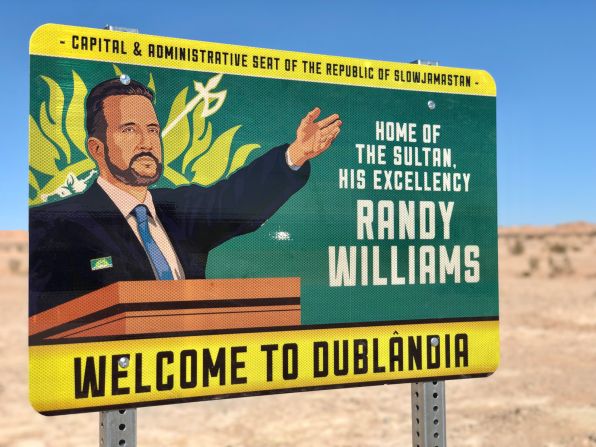
Tourism and Culture
Visitors to Slowjamastan should be aware of its unconventional prohibitions, such as disallowing “Crocs,” “mumble rap,” and “people who put their feet on the dashboard.” These quirky rules contribute to the nation’s unique charm.
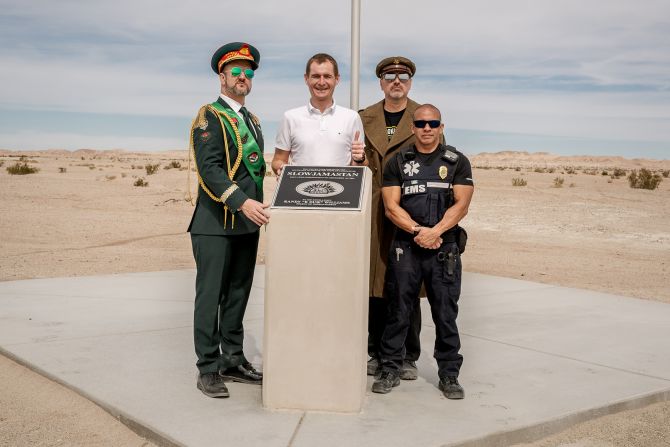
Geographical Information
Slowjamastan, officially known as The United Territories of The Sovereign Nation of The People’s Republic of Slowjamastan, is located off California State Route 78, approximately a two-and-a-half-hour drive northwest of San Diego.
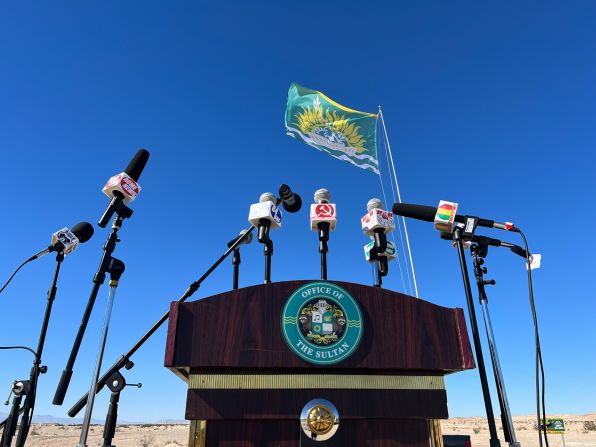
Currency and Traditions
Slowjamastan has its own currency, known as the duble, signifying the nation’s independence and economic identity.
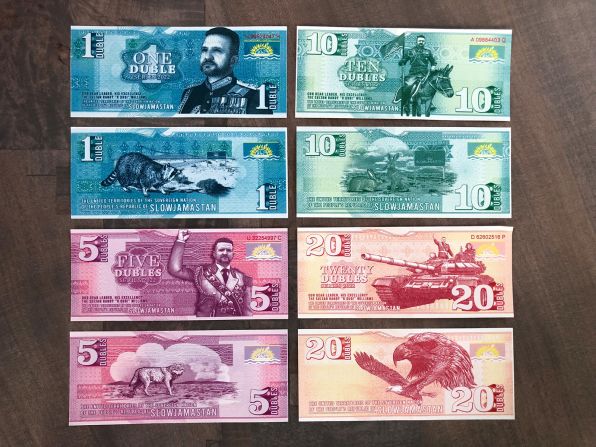
Exploring Wildlife
Residents and tourists alike enjoy searching for the elusive Slowjamastan raccoon, recognized as the nation’s national animal.
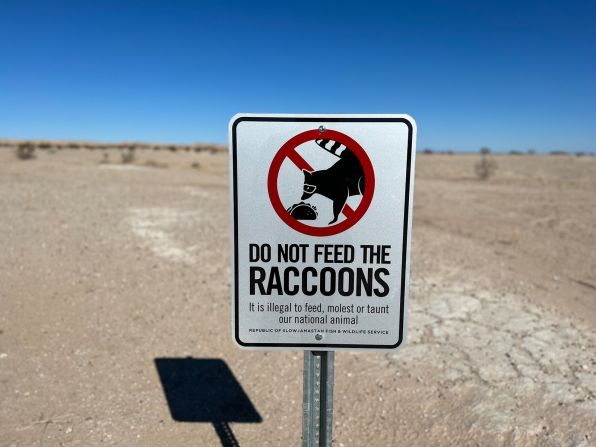
Government Structure
Williams describes the governance style of Slowjamastan as predominantly a dictatorship. However, he occasionally holds special voting ceremonies allowing citizens to express their opinions on matters such as national symbols.
